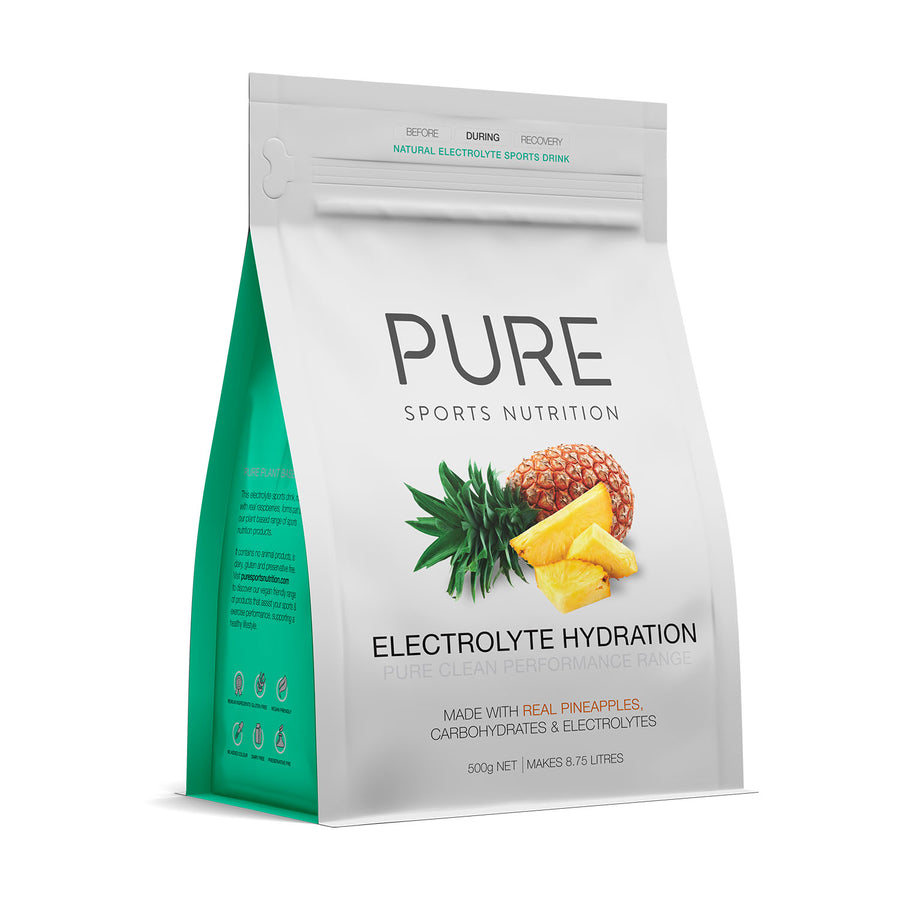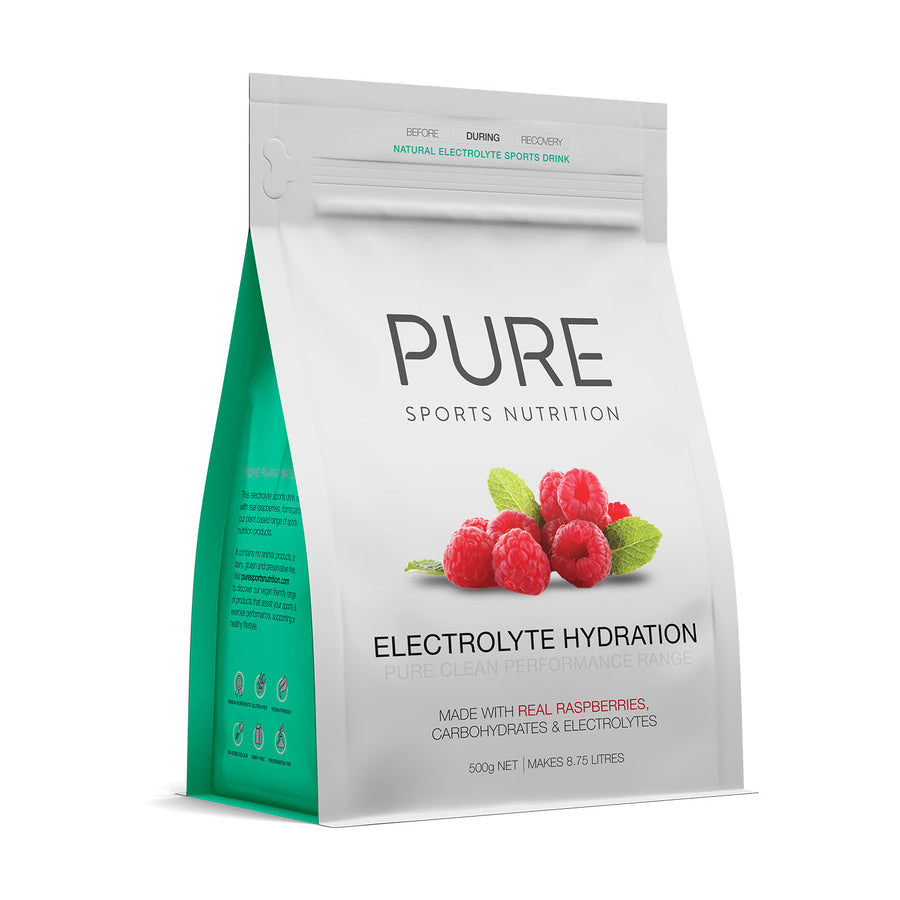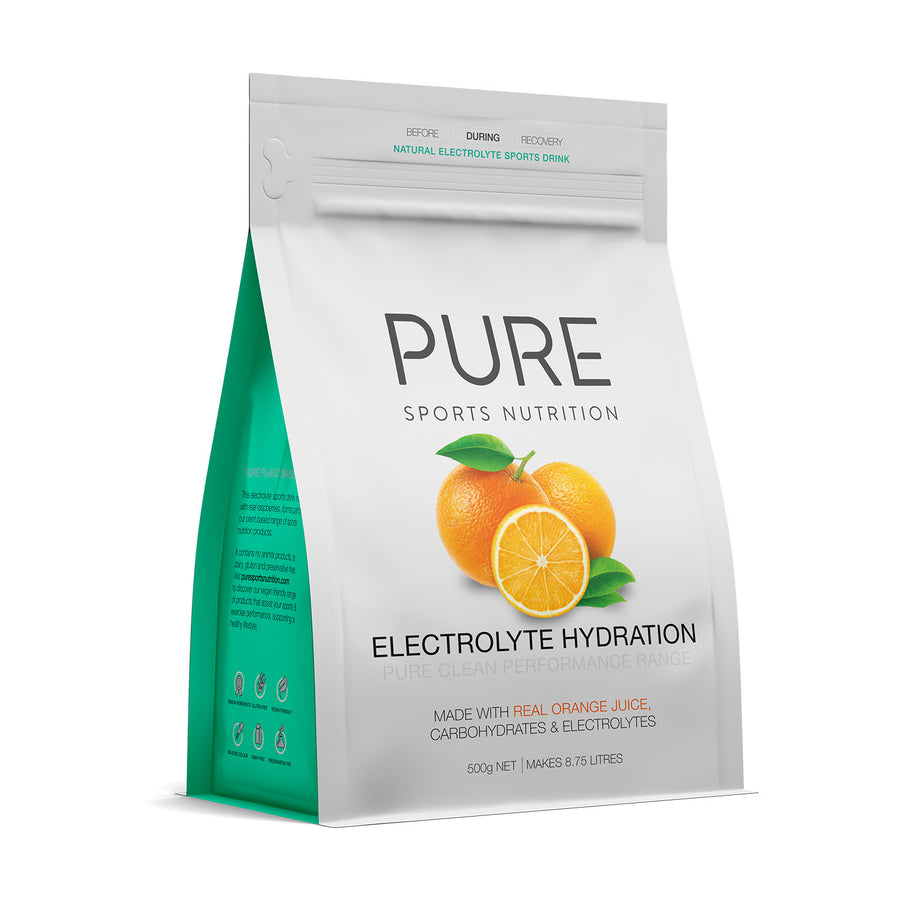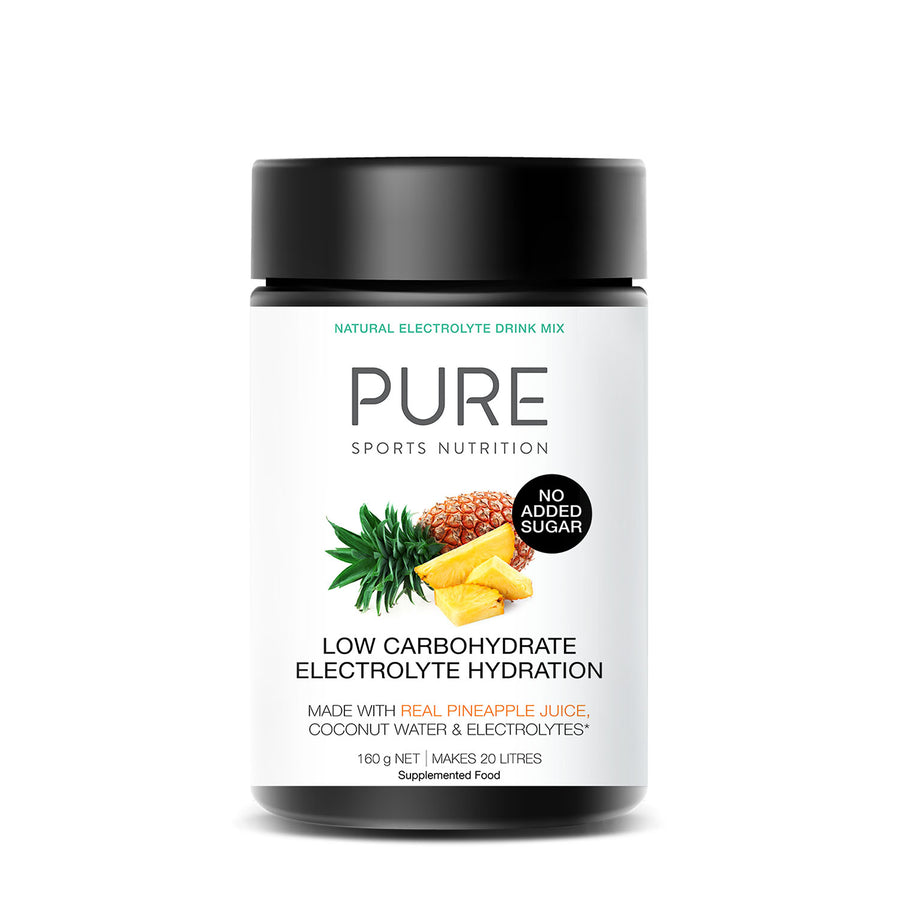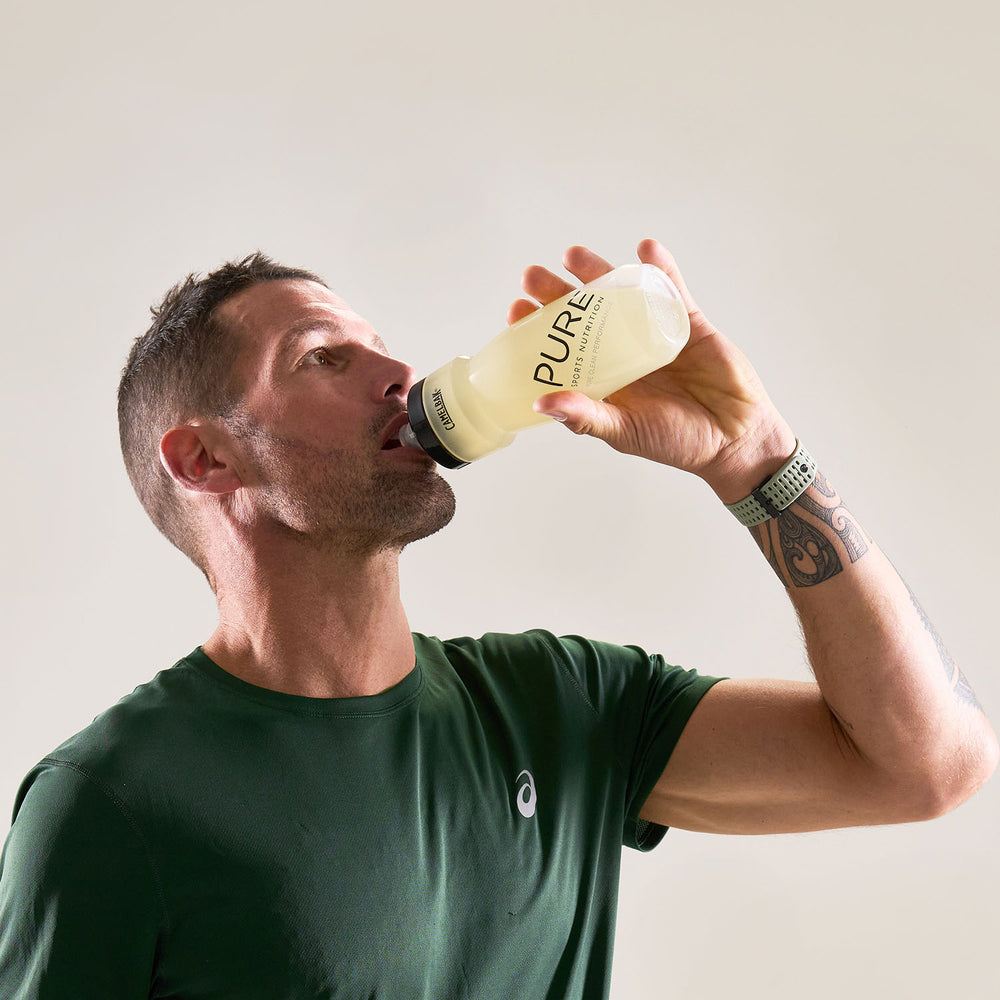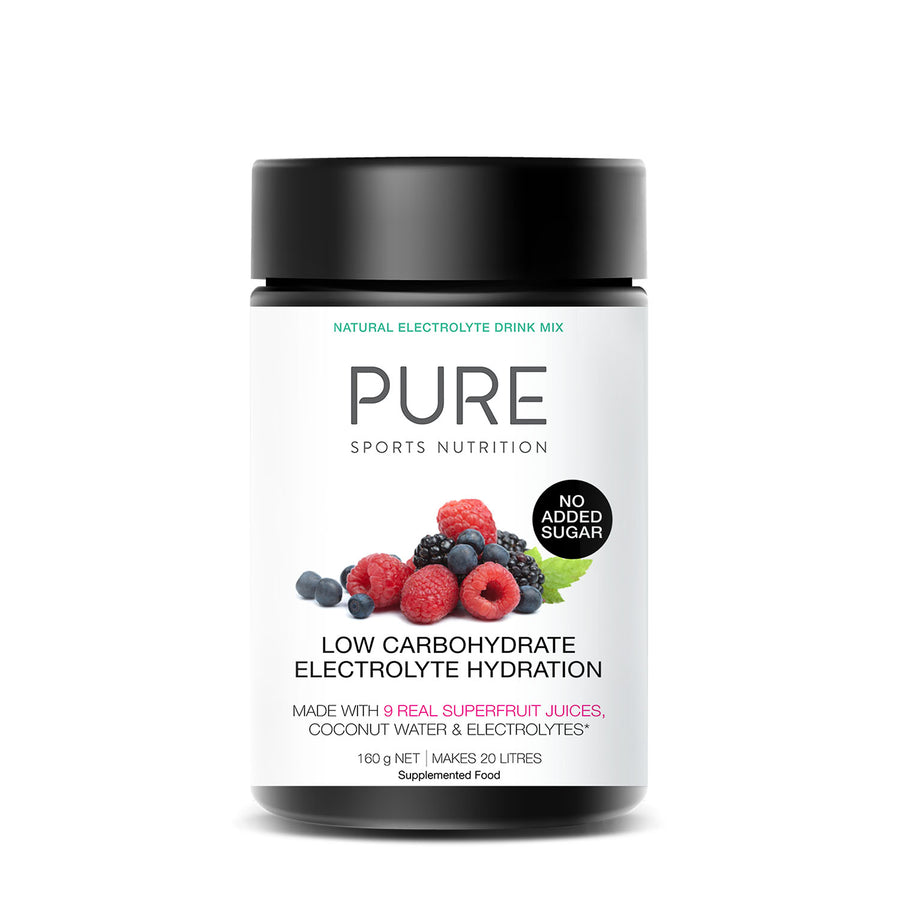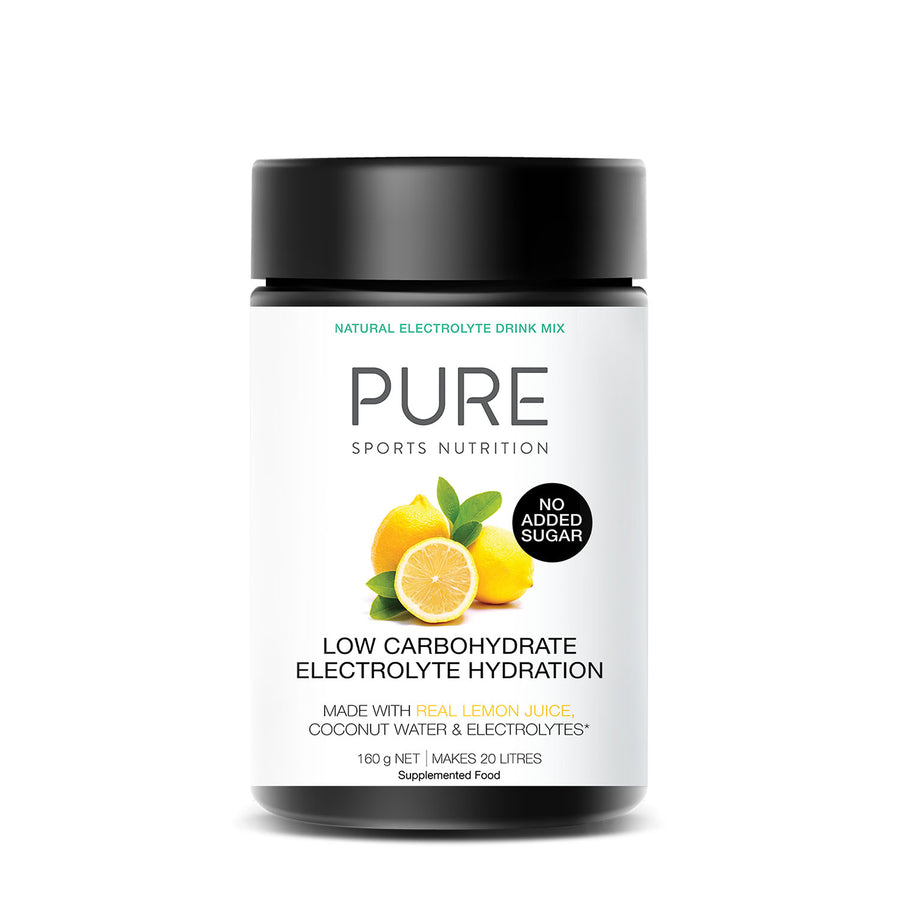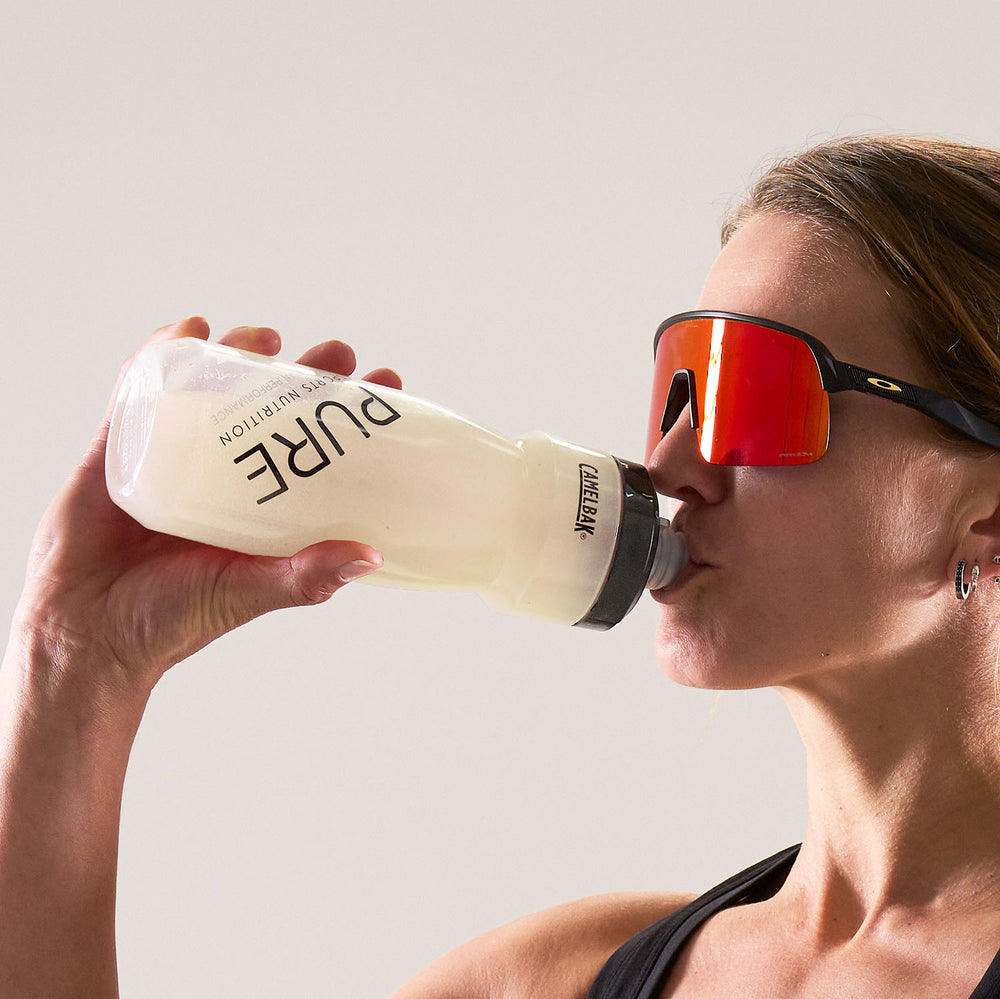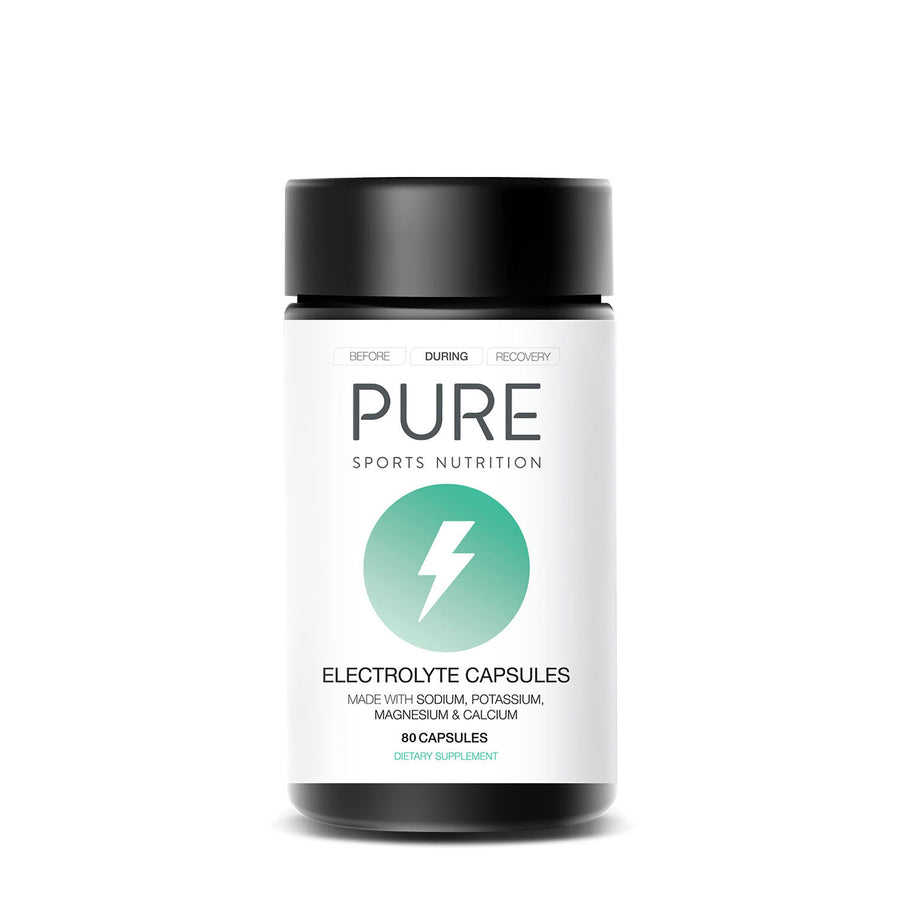
Common Sports Nutrition Mistakes and How to Avoid Them
When it comes to sports nutrition, there are some common mistakes athletes make throughout training and race day that crop up on a regular basis. Our co-founder and Sports Nutritionist, Marewa Sutherland (BAppSc), shares her insight and has put together some proactive solutions to these nutrition challenges.
Common Mistake #1: Under-Fuelling
Under-fuelling is one of the most common mistakes athletes make in both training and racing. Often the nerves and excitement of race day means individuals go out hard and fast and while feeling good, forget to start on their nutrition until they feel symptoms of thirst or fatigue. Once you get to this stage you are already on a downwards spiral and this can be difficult to turn around, particularly on longer events.
The first hour of your event is the vital hour and you need to make sure you are getting in your carb, hydration and electrolyte requirements. So start early and spread evenly over the hour and get in a good habit for each subsequent hour. Also remember that the bodies demands can change depending on race conditions, length and intensity, for events over 2 hours, factor protein into your nutrition plan and a general rule is to always carry more nutrition than you plan to use. Often athletes don’t want to carry excess weight, but the pay-off of fuelling correctly far outweighs the downside of having to carry the extra nutrition.
Common Mistake #2: Unpracticed Nutrition Plans (AKA Winging It)
It's not only important to know your hourly fuel requirements but also vital to practice taking these quantities on board over long periods of time. To practice your race day nutrition plan mimic race day conditions, i.e time of day, temperatures and intensity, to ensure there are no surprises on race day. Often the perfect race plan takes months of practice to adapt and train your body, so make the most of long training sessions to work towards your ideal plan.
It's key to do your research about what you need to aim for and to start small and build up tolerance to fluid and fuel until you're able to confidently meet your hourly goals. Lastly, if you intend to use aid stations make sure you are familiar with the product on offer and know it works for you. It can also be helpful investigating how well the event stock these up (particularly for food / gels) so you can be confident in the amount of additional fuel you need to carry.
Common Mistake #3: Saving Caffeine Until Late in the Race
Caffeine takes between 30 and 60 minutes to reach peak blood concentration, so you must include caffeine into your sports nutrition plan before the start or early on into your event to allow it to work its magic. For ultra events, waiting until further into the race could be a strategy for getting a much needed boost throughout a harder period of the race.
Everyone responds a little differently to caffeine and if you have a large amount daily you might not get the edge from it in your racing. One strategy to get the most out of caffeine in racing can be to slowly decrease your daily caffeine intake over the 4-6 weeks before your event so you get more of the 'caffeine effect' on race day.
Need some more help with your nutrition plan? Use our nutrition chat, at the bottom right, to ask your specific nutrition questions...
